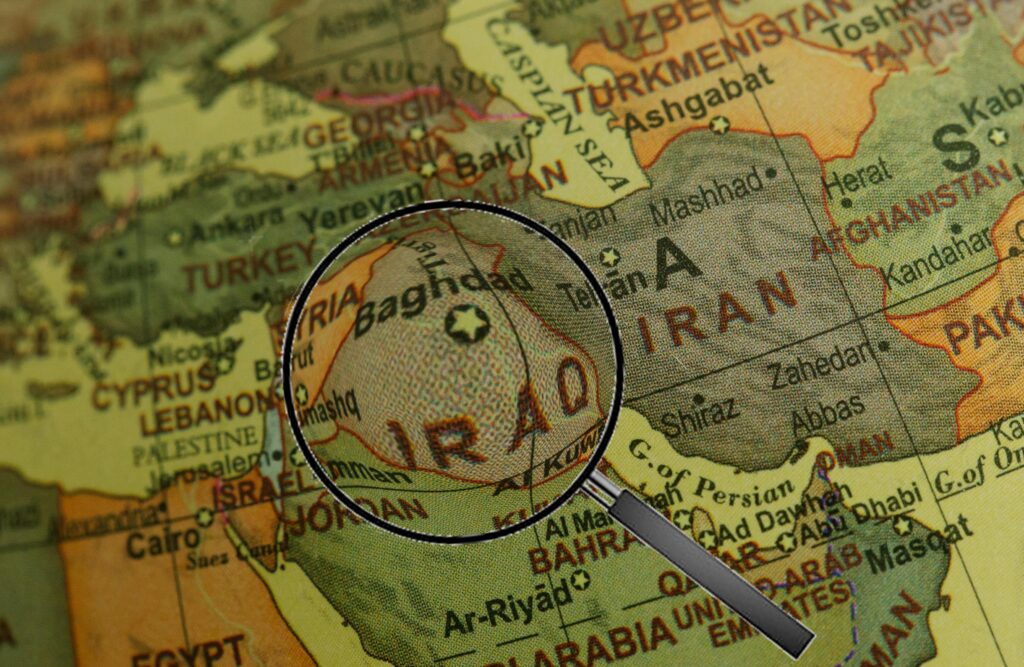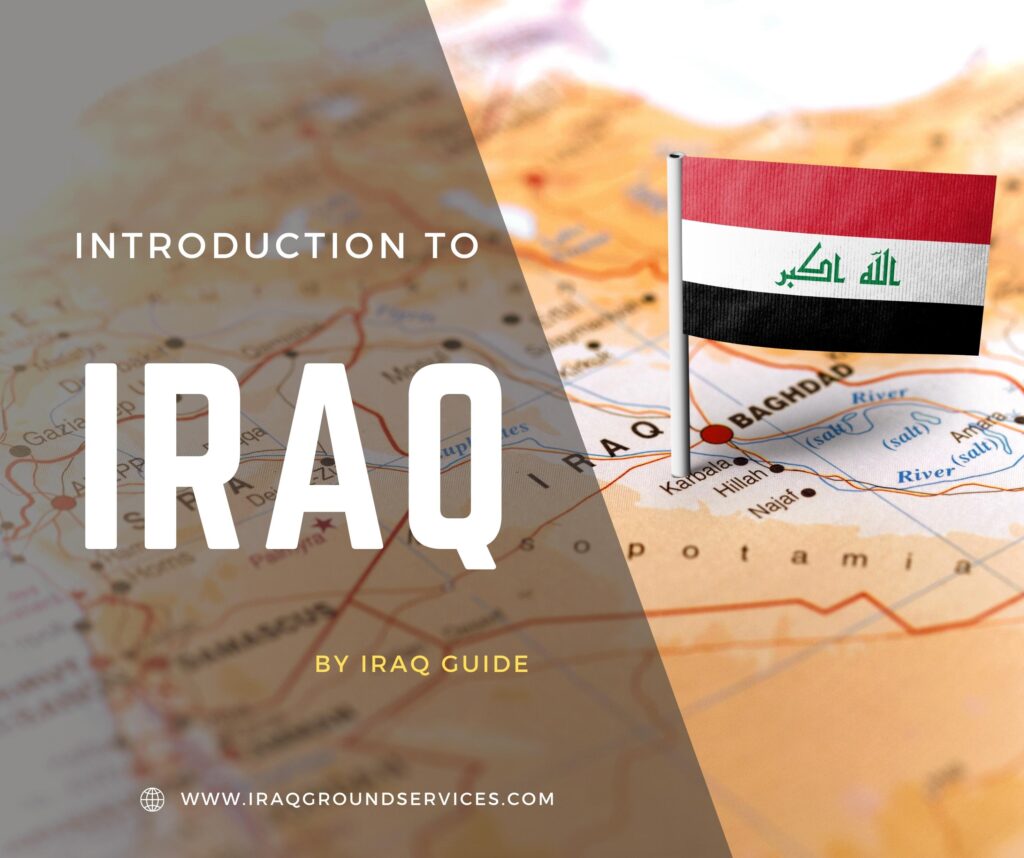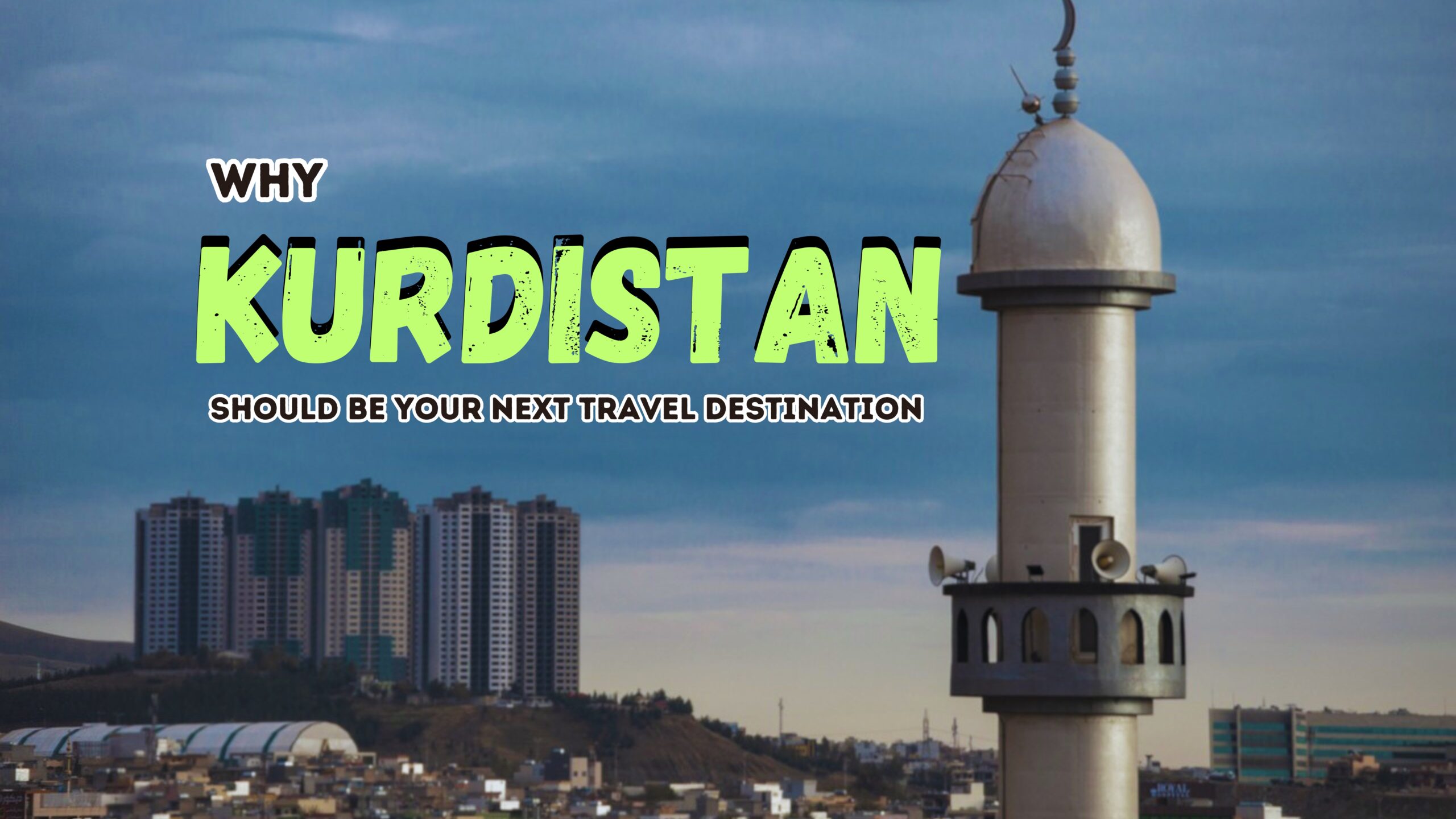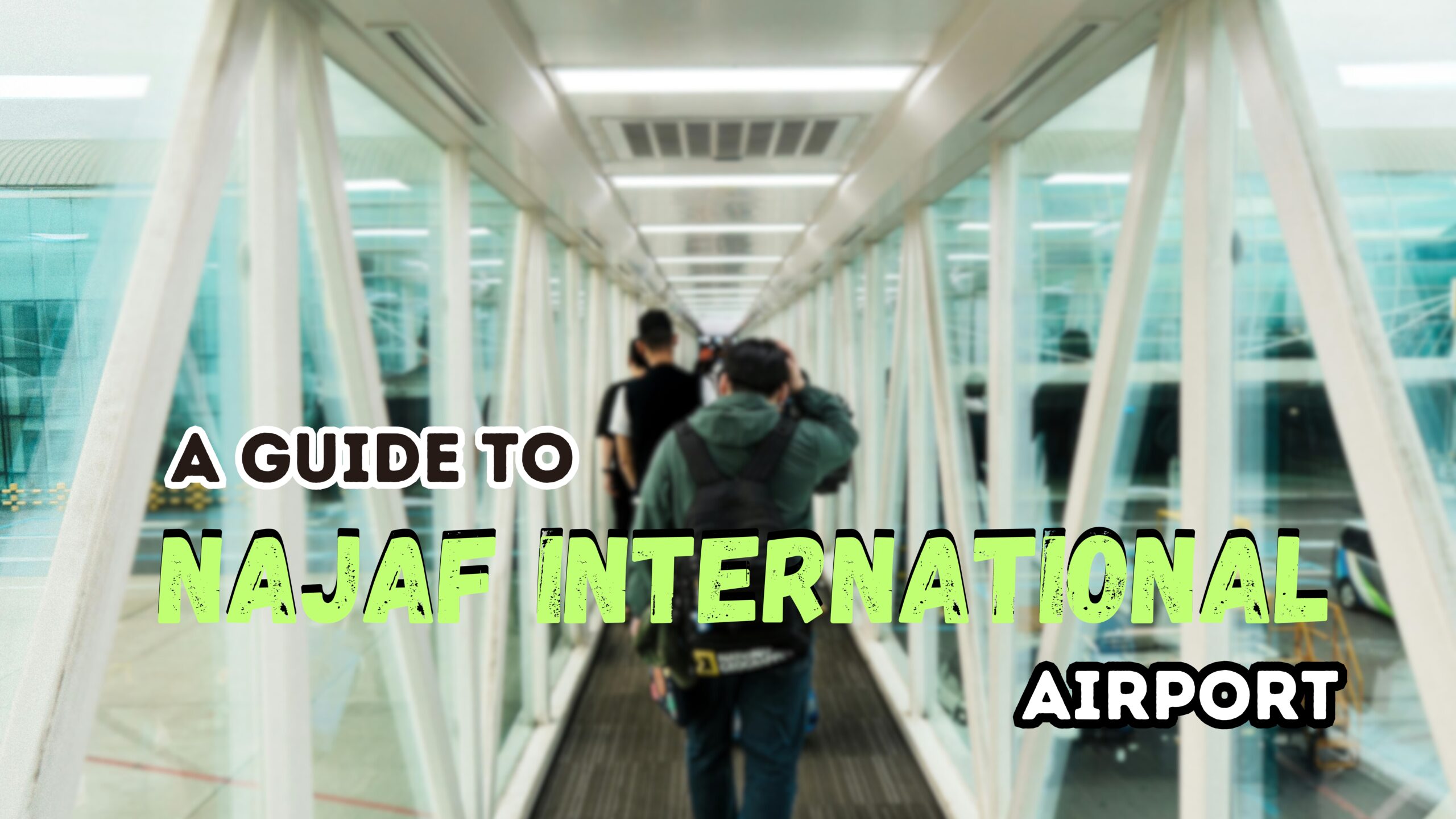Iraq is located in the heart of the Middle East. It has ancient history and cultural significance. Iraq shares it’s border by Turkey to the north, Iran to the east. Kuwait to the southeast, Saudi Arabia to the south, Jordan to the southwest, and Syria to the west. The country’s strategic position has made it a crossroads of civilizations for millennia.

A Glimpse into Iraq’s History
Iraq’s historical roots stretch back to some of the earliest known human civilizations. It was home to ancient Mesopotamia, often referred to as the “Cradle of Civilization.” Here, the Sumerians, Akkadians, Babylonians, and Assyrians laid the foundations of writing, law, and urban life. Mesopotamia is credited with some of humanity’s earliest innovations, including cuneiform script and the code of Hammurabi.
The region has witnessed numerous empires and cultures over the centuries. Including the Persian Empire, the Macedonian Empire under Alexander the Great, and the Roman Empire. In more recent history, it was part of the Ottoman Empire before coming under British control after World War I. Iraq gained independence in 1932.
The Modern Era
In the 20th and early 21st centuries, Iraq has experienced significant upheaval and transformation. The country’s modern history has been marked by political instability, conflict, and economic challenges. The 2003 invasion led by the United States and its allies resulted in the toppling of Saddam Hussein’s regime, followed by a prolonged period of sectarian violence and political turbulence. In recent years, Iraq has been working towards rebuilding and stabilizing its economy and governance structures.
Cultural Heritage and Diversity in Iraq
Iraq’s cultural heritage is as diverse as its history. It is home to a myriad of ethnic and religious groups, including Arabs, Kurds, Turkmen, and Assyrians, as well as a rich tapestry of religious traditions, such as Islam (both Sunni and Shia), Christianity, and Yazidism.
The country boasts a wealth of historical and archaeological sites, including the ruins of Babylon, the ancient city of Ur, and the historic site of Hatra. These sites reflect Iraq’s rich cultural legacy and its pivotal role in the development of human civilization.
Contemporary Iraq
Today, Iraq is a nation of resilience and hope. While challenges remain, including political instability and economic difficulties, the country is also making strides in areas such as infrastructure development, education, and cultural preservation. Iraq’s diverse population continues to contribute to a vibrant cultural scene, with traditional music, cuisine, and art playing a crucial role in its societal fabric.
Conclusion
Iraq’s significance is deeply rooted in its ancient past, and its story is one of both remarkable achievements and complex challenges. Understanding Iraq involves appreciating its rich historical contributions, acknowledging its modern struggles, and recognizing the enduring spirit of its people. As the country continues to navigate its path forward, it remains a pivotal player in the tapestry of Middle Eastern history and culture.



